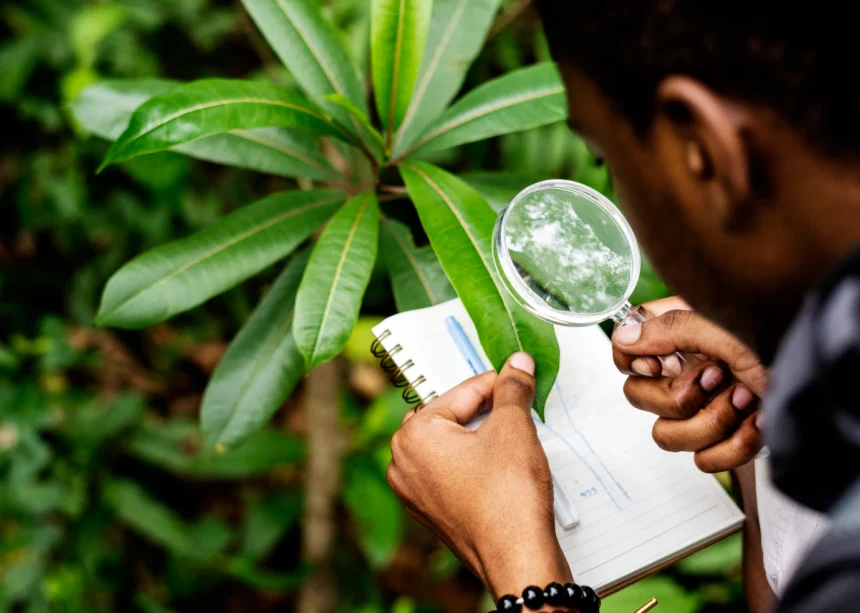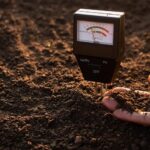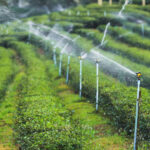Research and development (R&D) plays a crucial role in driving agroprocessing innovation. Agroprocessing refers to the conversion of agricultural produce into value-added products, such as processing crops into food products, biofuels, pharmaceuticals, and other industrial goods. R&D in agroprocessing focuses on improving existing processes, developing new technologies, and creating innovative products to enhance the efficiency, sustainability, and competitiveness of the agricultural sector. Here are some key roles of R&D in agroprocessing innovation:
- Product Development: R&D activities in agroprocessing aim to develop new and improved products that meet consumer demands and preferences. This involves enhancing the nutritional content, taste, texture, and shelf life of food products. R&D also explores the potential uses of agricultural by-products or waste materials, promoting a circular economy and reducing waste.
- Process Optimization: R&D helps in optimizing agroprocessing techniques to improve efficiency, reduce costs, and minimize environmental impacts. This includes developing innovative processing methods, such as extraction, fermentation, and preservation techniques, to maximize yield and minimize energy consumption.
- Quality Assurance and Food Safety: R&D plays a critical role in ensuring the safety and quality of agroprocessed products. It involves developing and implementing robust quality control systems, testing methods, and standards to comply with regulatory requirements. R&D also focuses on identifying and mitigating potential hazards, such as microbial contamination or chemical residues, to safeguard consumer health.
- Sustainable Practices: R&D in agroprocessing emphasizes sustainable practices by developing environmentally friendly technologies and processes. This includes exploring renewable energy sources for processing operations, reducing water usage, and minimizing waste generation. R&D also aims to develop sustainable packaging solutions and promote the use of biodegradable materials to reduce the environmental footprint of agroprocessed products.
- Value Addition and Market Expansion: R&D contributes to value addition by transforming raw agricultural materials into high-value products. This helps farmers and agroprocessors to diversify their income streams and increase profitability. R&D also plays a key role in identifying new market opportunities, understanding consumer trends, and developing innovative marketing strategies to promote agroprocessed products both domestically and internationally.
- Collaboration and Knowledge Sharing: R&D in agroprocessing often involves collaboration between research institutions, academia, industry, and government agencies. This collaboration facilitates the exchange of knowledge, expertise, and resources, fostering innovation and accelerating the adoption of new technologies. R&D also supports capacity building initiatives, training programs, and technology transfer to empower farmers and agroprocessors with the necessary skills and knowledge.
In conclusion, research and development is indispensable in driving agroprocessing innovation. It plays a pivotal role in developing new products, optimizing processes, ensuring quality and safety, promoting sustainability, adding value, expanding markets, and fostering collaboration and knowledge sharing. R&D efforts contribute to the growth and competitiveness of the agroprocessing sector, while addressing the evolving challenges and opportunities in agriculture and food processing.







